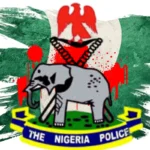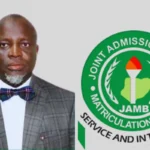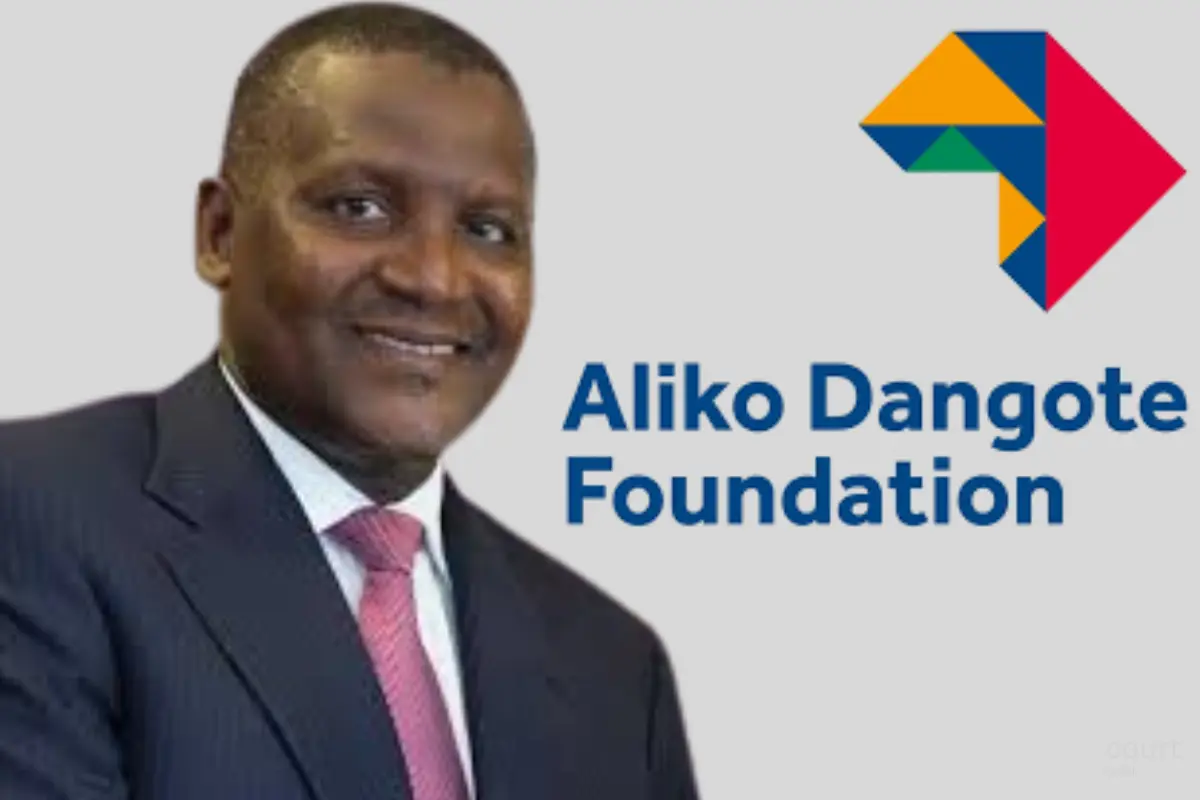A recent exchange on X (formerly Twitter) has reignited discussions about the Nigerian Police Force’s understanding of the law and the implications for citizens’ rights. The controversy began when Prince Olumuyiwa Adejobi, the spokesperson for the Nigerian Police Force, claimed that “raining direct curses on someone online is cyberbullying, not expression of freedom or criticism. And cyberbullying, which is even different from defamation, is a criminal offence and punishable. Be guided.”
Adejobi’s statement immediately drew attention, with Kalu Aja, a respected financial planner and commentator, offering a sharp critique. Aja’s response read: “If the NPF spokesman does not know the law, how will a corporal with an AK47 on a dusty road know the law? How can you have rule of law without a knowledge of the law?”
This exchange highlights deeper concerns about the Nigerian Police Force’s grasp of legal principles, particularly as it relates to cybercrime laws and citizens’ constitutional rights.
The claim by Adejobi conflates the concept of cyberbullying with constitutionally protected freedoms. While Nigeria’s Cybercrime (Prohibition, Prevention, etc.) Act of 2015 does criminalize certain forms of online harassment, it is crucial to distinguish between legitimate criticism or expression and criminal acts. Section 24 of the Cybercrime Act deals with offensive messages and cyberstalking, but critics argue its wording is broad and open to abuse.
In contrast, Section 39 of the Nigerian Constitution guarantees every citizen the right to freedom of expression, including the right to impart information and ideas. The legal balancing act involves ensuring that this freedom does not impinge on others’ rights or escalate to criminal harassment.
The concerns raised by Kalu Aja are not without merit. Numerous instances of the Nigerian Police Force’s misapplication of laws have been documented, often leading to unlawful arrests and detentions. In some cases, these actions appear motivated by directives from influential figures rather than legal tenets.
- End SARS Protests (2020): During the nationwide protests against police brutality, many citizens were arrested for merely expressing their views on social media. Critics argue that these arrests violated their constitutional rights.
- Journalists and Activists: Journalists such as Agba Jalingo and Omoyele Sowore have faced arrests and detentions on charges critics describe as politically motivated. These cases often involve alleged defamation or incitement but lack substantive evidence.
- Social Media Criticism: Citizens criticizing government officials or policies have occasionally been detained under the guise of “cybercrime,” showcasing a tendency to misuse laws to stifle dissent.
The dialogue between Adejobi and Aja underscores the critical need for comprehensive legal education within the Nigerian Police Force. Policemen and women, particularly those in the field, must be equipped with a thorough understanding of the laws they are tasked to enforce. Without this, the concept of the rule of law is undermined, leading to arbitrary arrests and the erosion of public trust.
The broader societal implications are significant. Citizens must feel confident that their rights are protected and that law enforcement operates within the bounds of legality and fairness. For this to happen, both police training programs and accountability mechanisms must be strengthened.
The conversation sparked by Prince Olumuyiwa Adejobi’s (@Princemoye1) on X statement serves as a reminder of the challenges in balancing law enforcement with constitutional freedoms in Nigeria. As Kalu Aja (@FinPlanKaluAja1) on X aptly pointed out, a lack of legal awareness among law enforcement officers compromises the very foundation of the rule of law. Addressing these gaps is essential for fostering a society where justice and rights are upheld, regardless of political or social pressures.

















